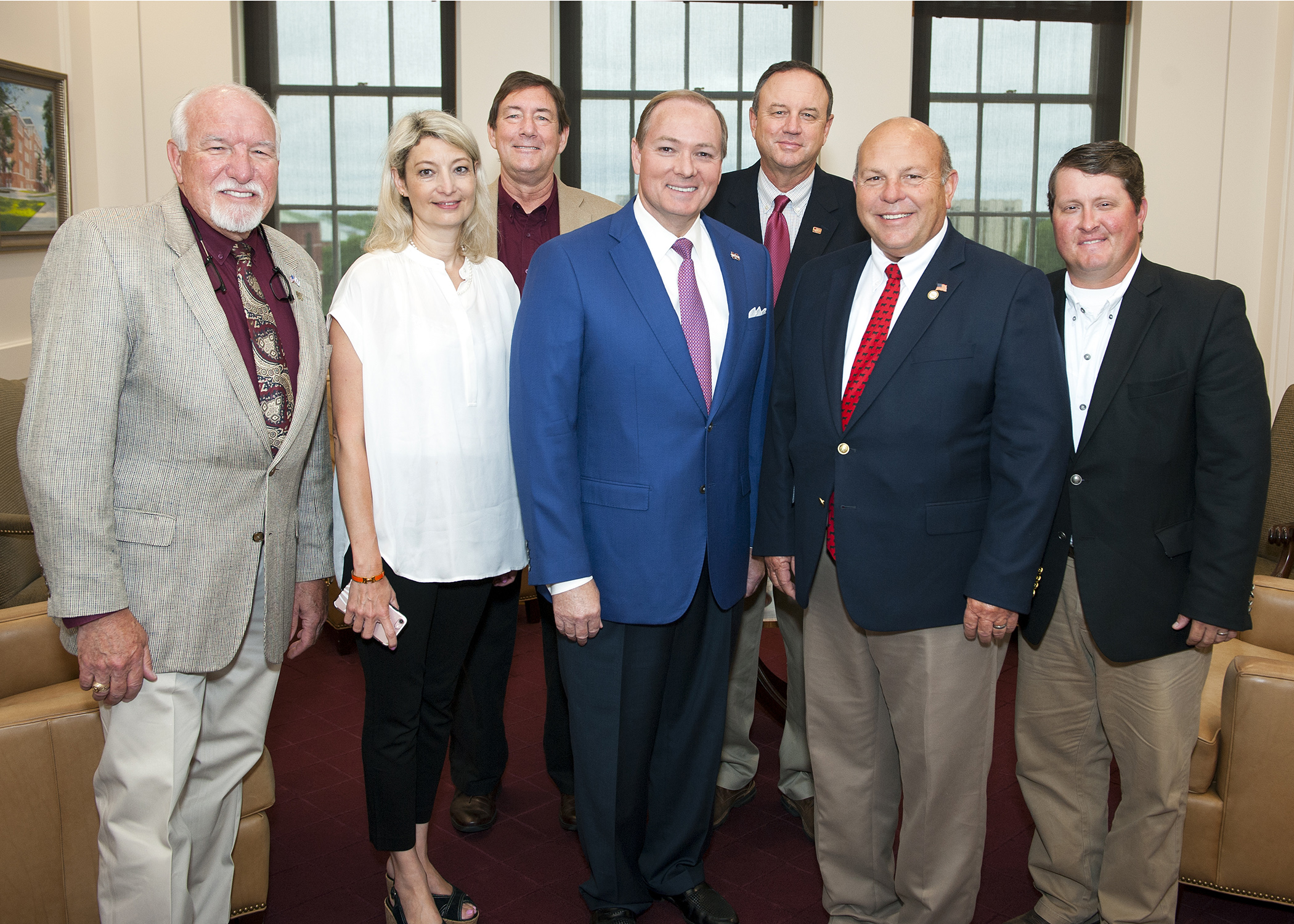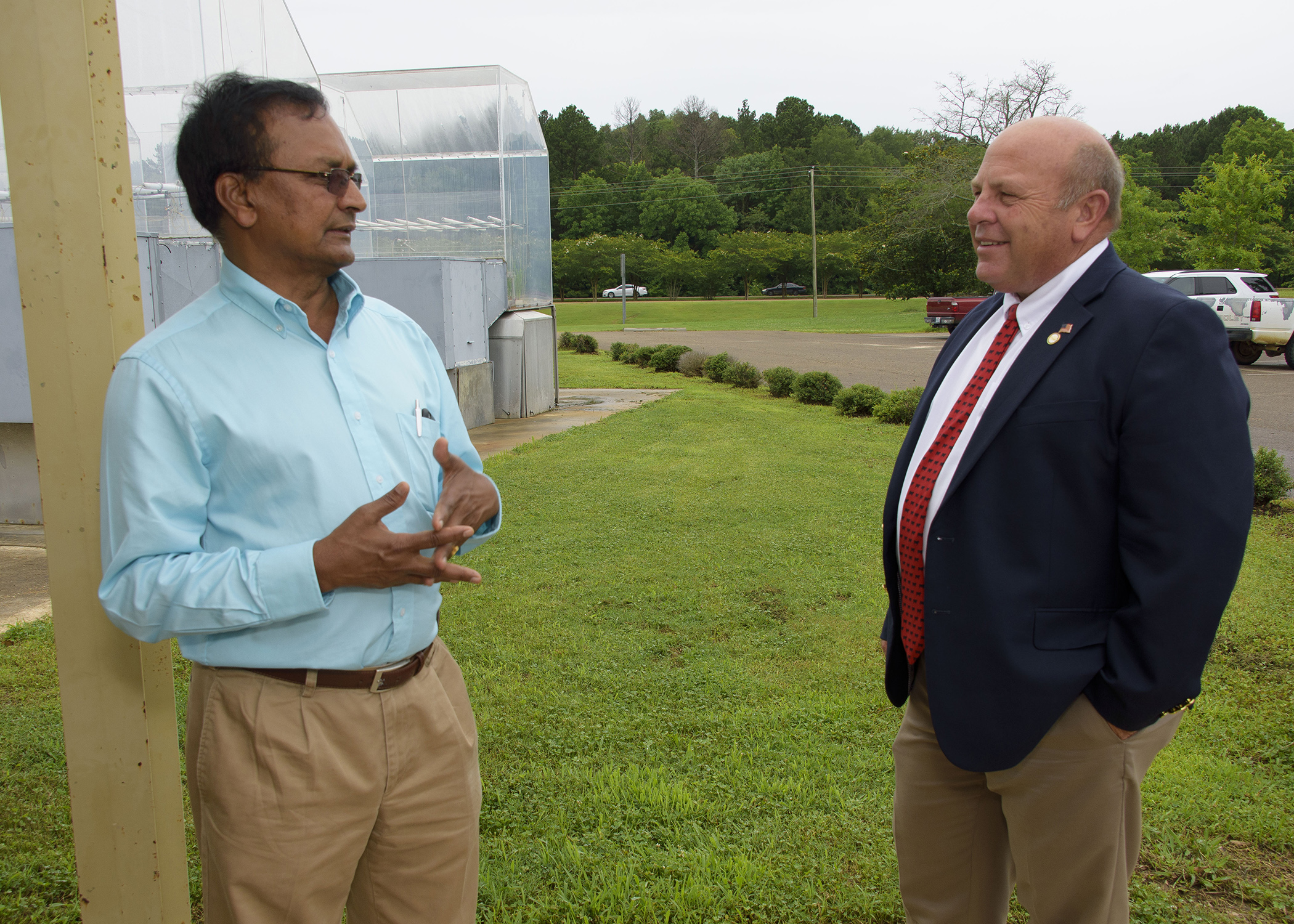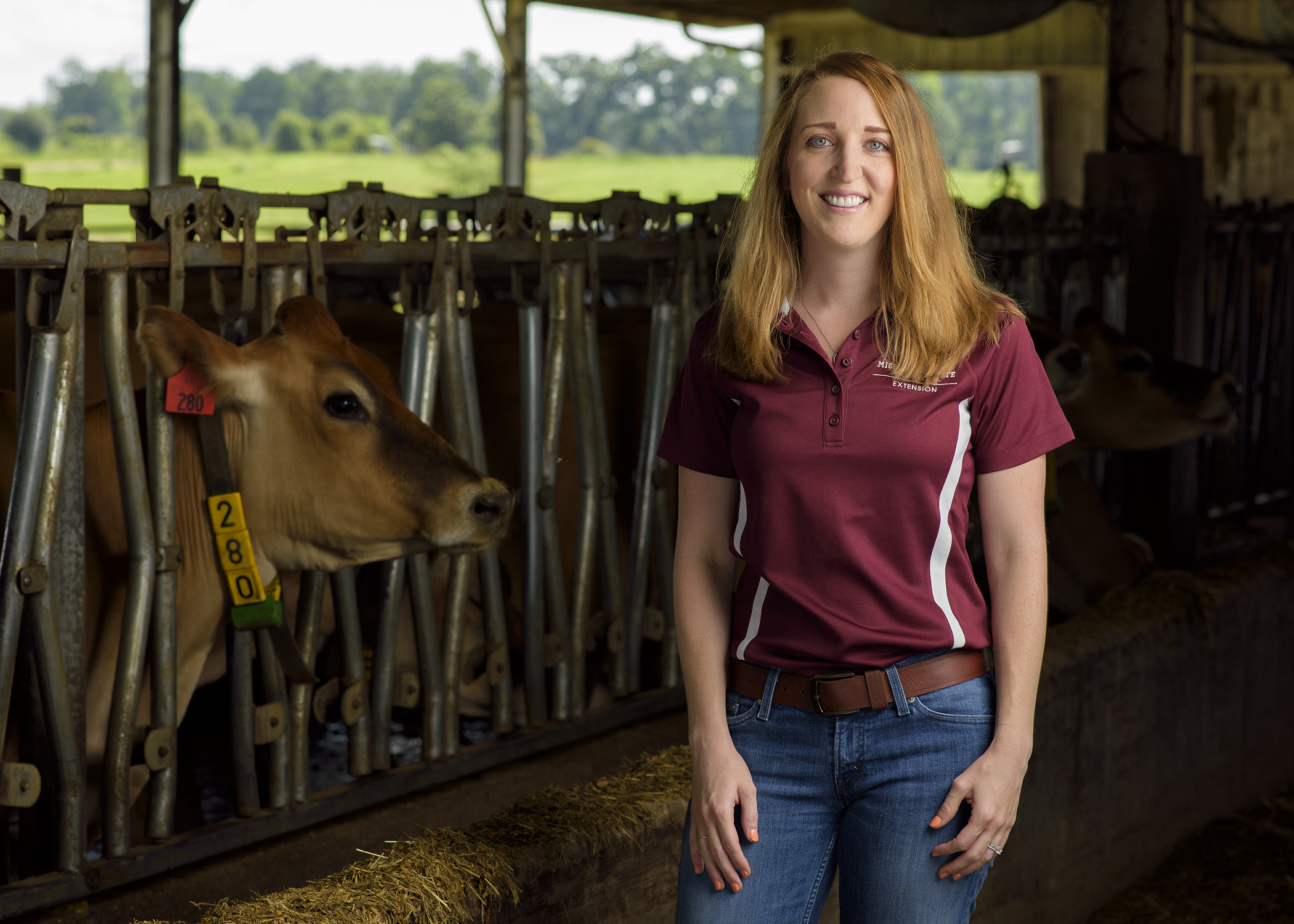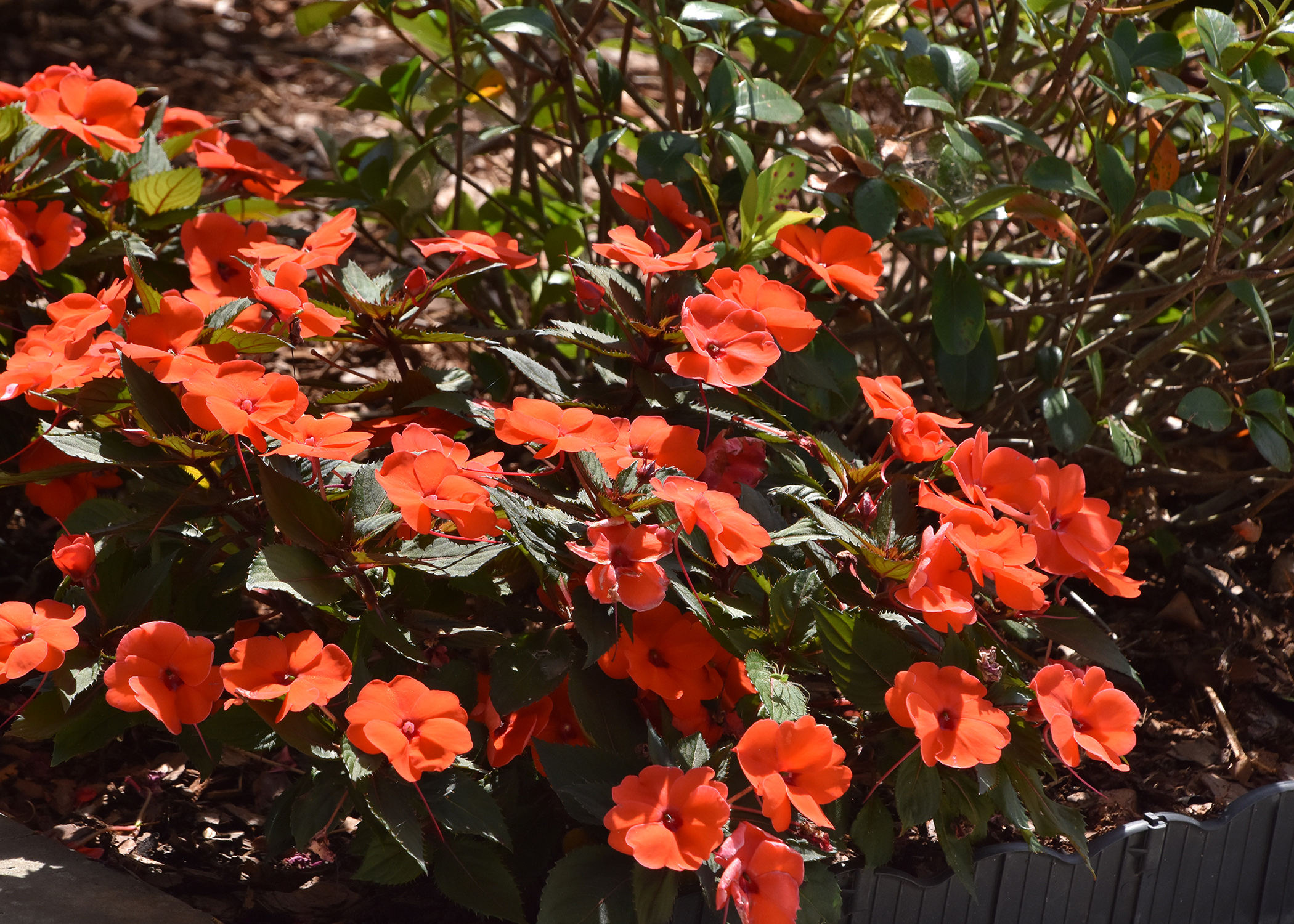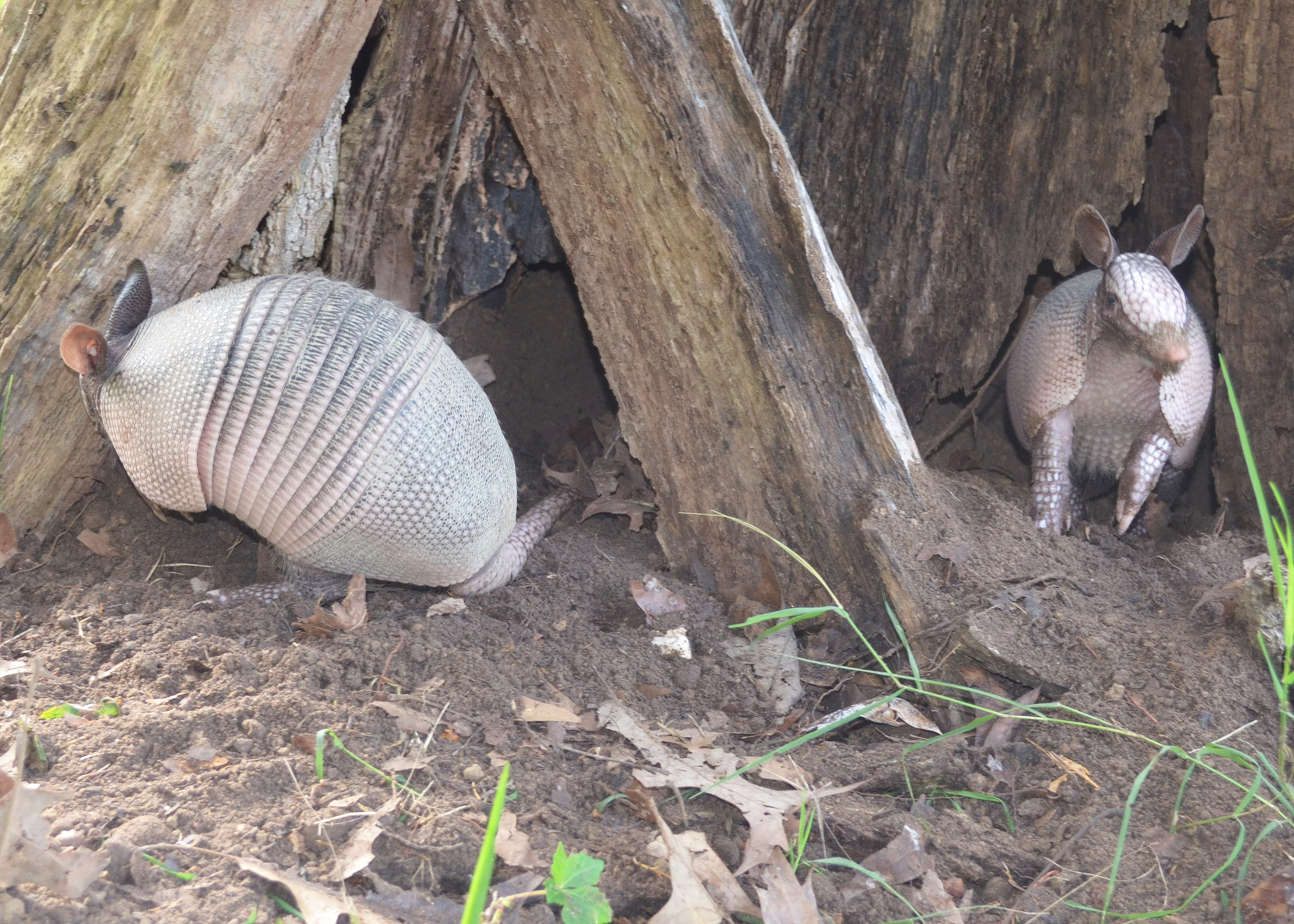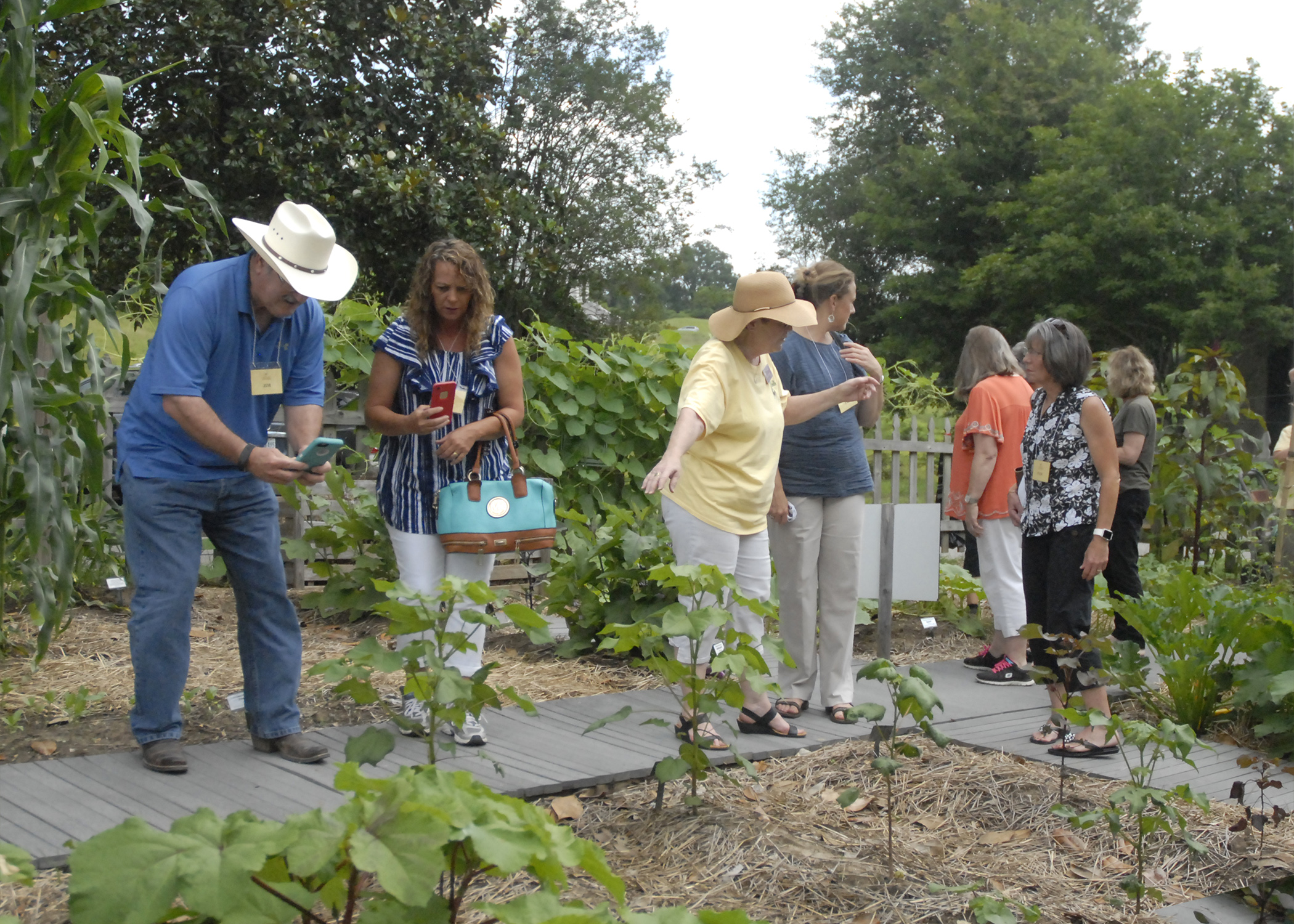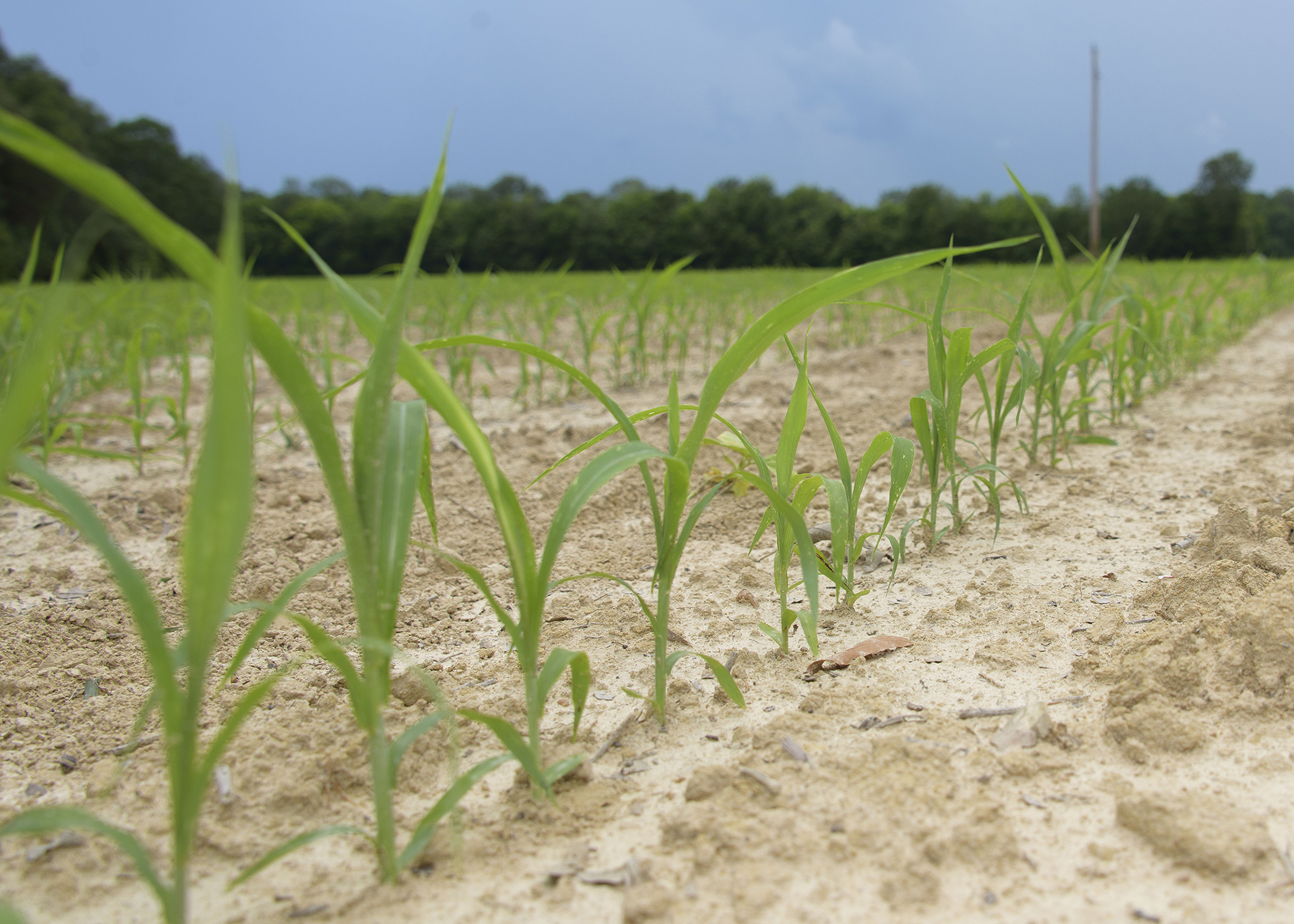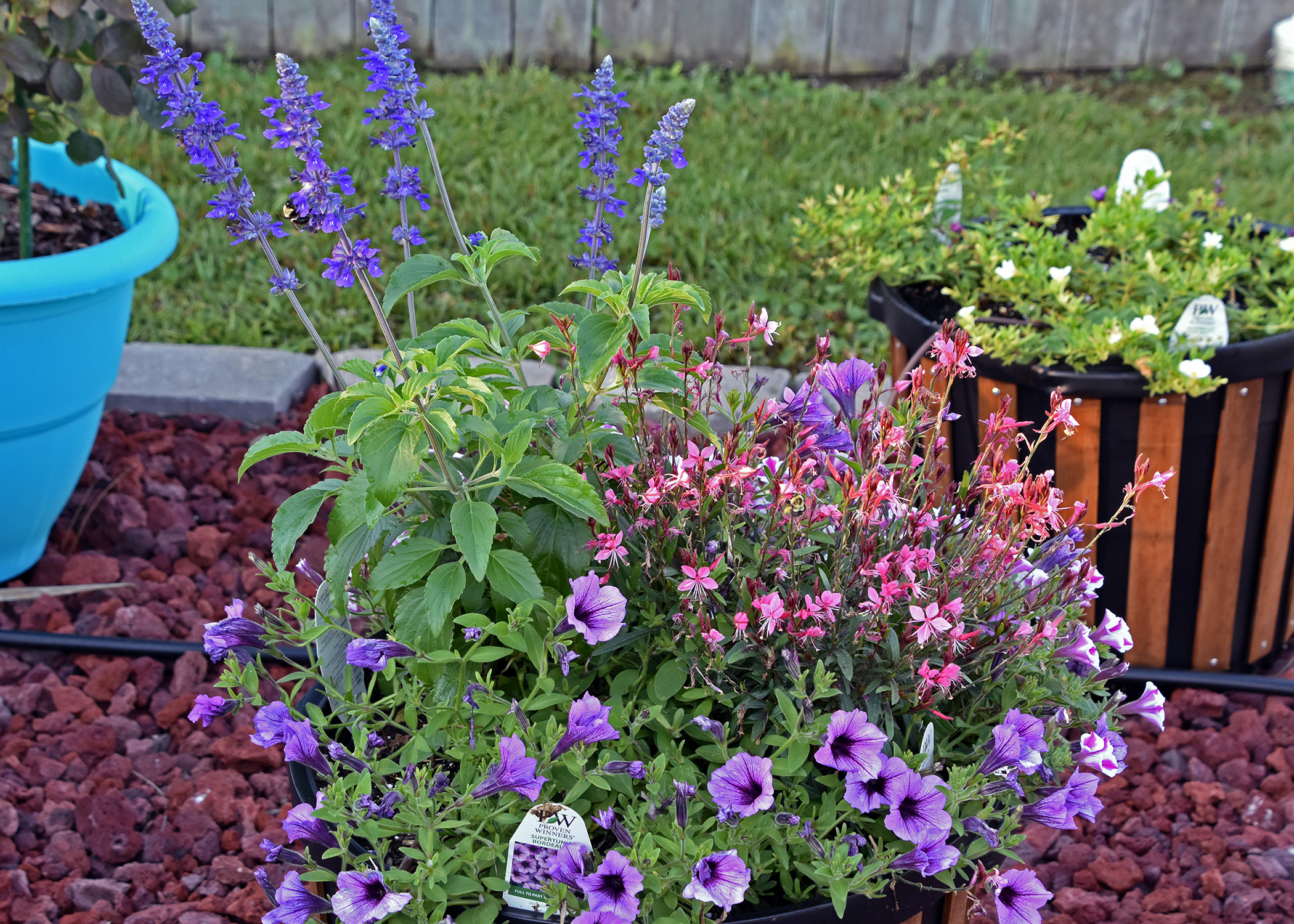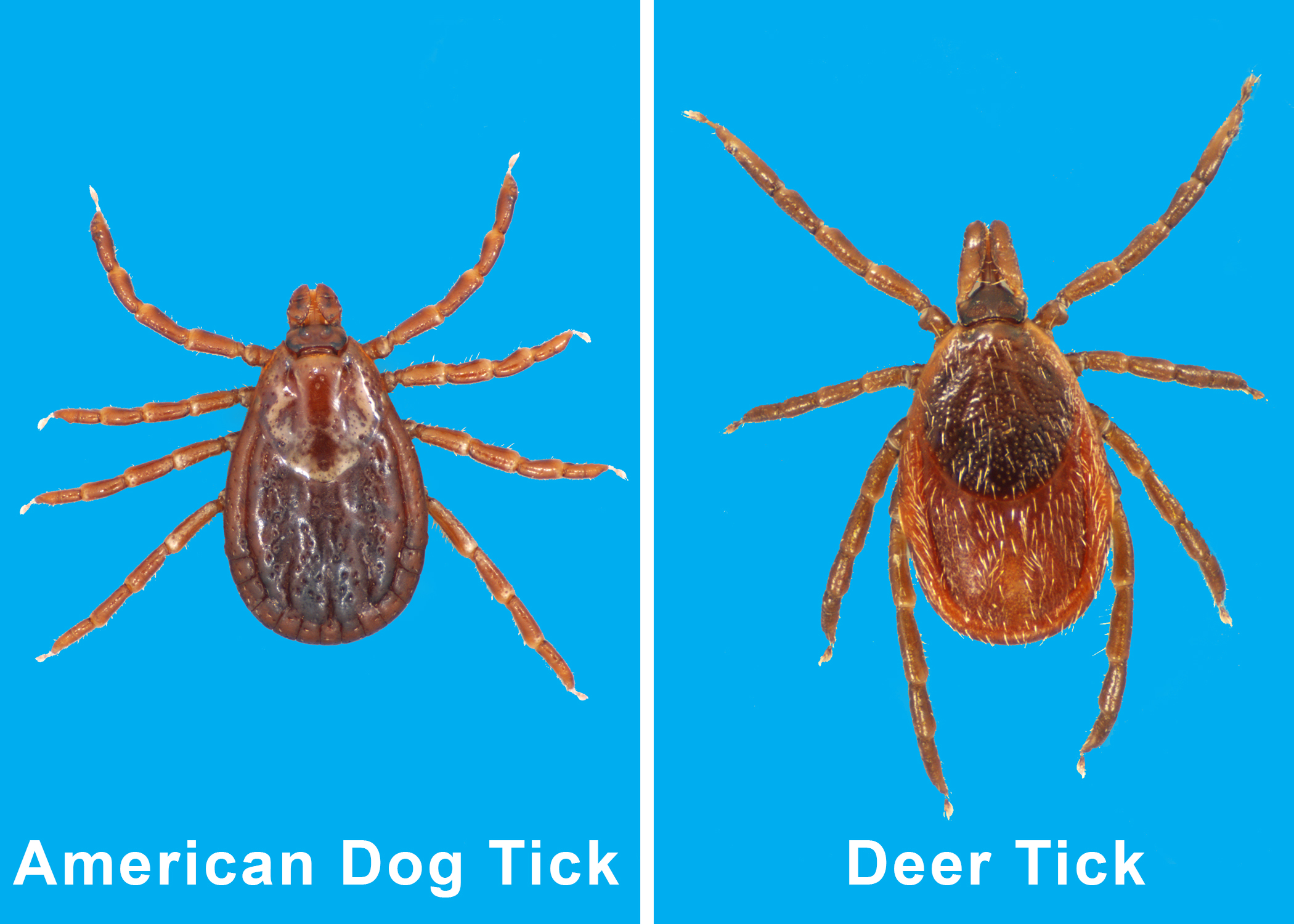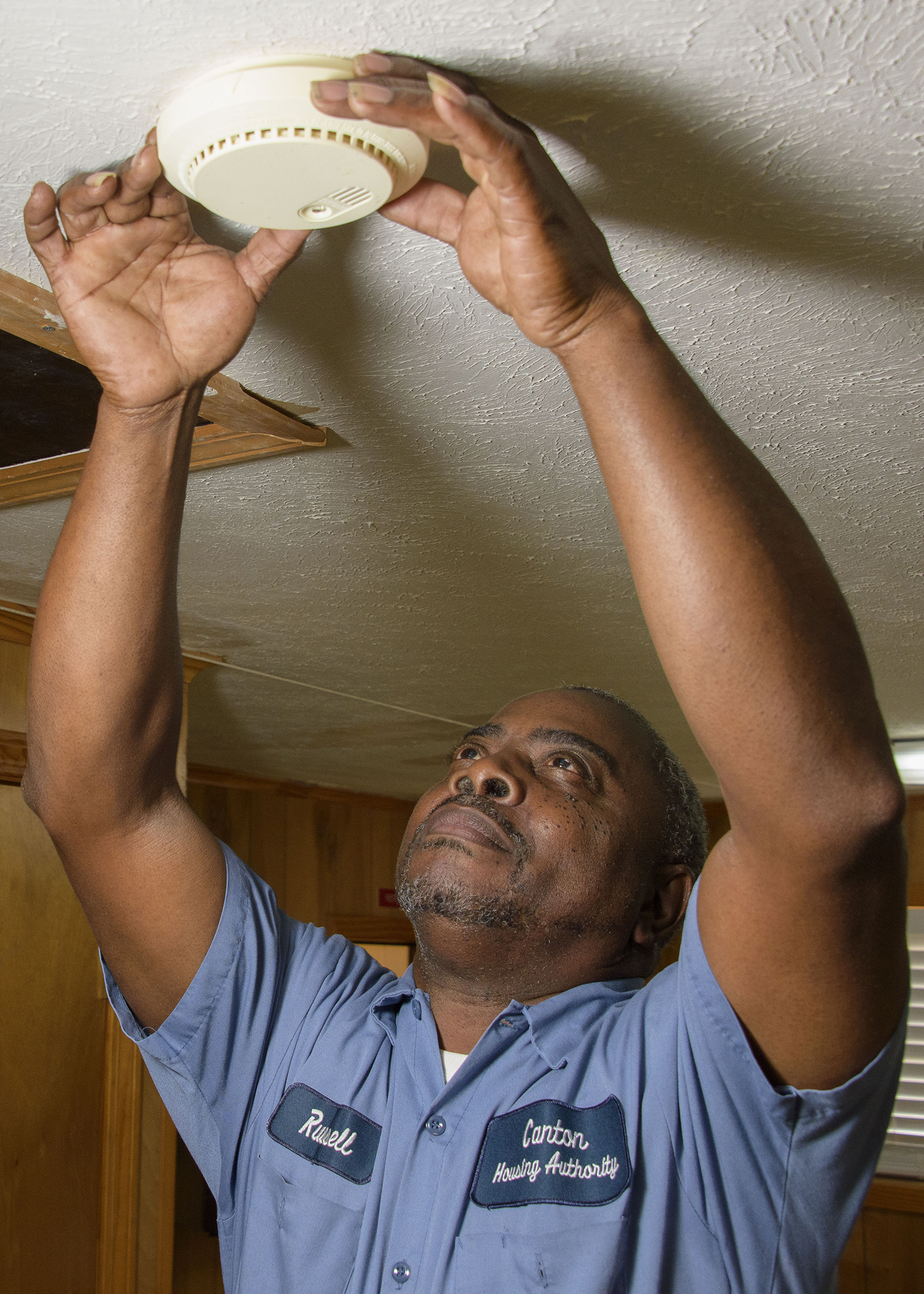STARKVILLE, Miss. -- Mississippi State University and the Mississippi Farm Bureau Federation co-hosted leaders of the largest nonprofit farmers' organization in the U.S. this week.
Zippy Duvall, president of the American Farm Bureau Federation, and others with the Mississippi Farm Bureau met with agricultural producers and toured MSU research and Extension facilities across the state during their visit.
STARKVILLE, Miss. -- King Solomon wrote thousands of years ago that there is nothing new under the sun, a truth played out daily by unscrupulous people putting modern spins on the age-old practice of fraud.
The Federal Trade Commission reported 20,588 Mississippians fell victim to some type of consumer fraud in 2016. Another 2,378 were victims of identity theft.
By Jessica Smith
MSU Extension Service
Providing expertise and knowledge to Mississippi dairy producers was not always a career goal for dairy specialist Amanda Stone.
Stone has been an assistant professor since August 2016 with the Mississippi State University Extension Service in the Department of Animal and Dairy Sciences, where she works directly with students, dairy producers and MSU Extension agents.
Summer officially begins this week, and there are so many great plants we can grow during this season. But I really miss one that we can't grow in the summer: annual impatiens.
I always have impatiens in my late-winter and early-spring landscape. I've tried to oversummer some -- in the same manner as we overwinter plants -- in the shady areas of my garden, but this experiment is always met with bitter disappointment.
But all is not lost because I can grow SunPatiens, one of my favorite summer-flowering plants.
STARKVILLE, Miss. -- Whether summer gardens are for beauty or food, this time of year is sure to bring wildlife into close contact with people's property.
Many gardens provide healthy and nutritious food for local critters such as armadillos, raccoons, white-tailed deer, eastern cottontail rabbits and a wide variety of insects. Gardens are usually easy for wildlife to access and offer an inviting buffet with such easy pickings concentrated in one area. All that time and labor you spent during the spring should not be tossed out due to these garden pests.
VICKSBURG, Miss. -- Mississippians from a wide variety of backgrounds spent a day thinking of new ways to use landscapes and gardens to bring more profit and better value to agricultural enterprises and historic homes.
Know Your Roots: Build Your Business brought 29 participants together for the daylong workshop June 13 at the Southern Cultural Heritage Center. Sandy Havard, Warren County agent with the Mississippi State University Extension Service, coordinated the event.
STARKVILLE, Miss. -- Insect pressure and a stagnant market are pushing Mississippi growers away from planting grain sorghum.
Compared with 2015, when the state had 120,000 acres of sorghum, producers harvested only about 11,000 acres of the crop in 2016. The U.S. Department of Agriculture forecasted they would plant only 10,000 acres this year. If that prediction holds, 2017 will mark an 88-year low for sorghum production.
Once we get into the summer months, it can be hard to plant and be successful with in-ground landscape beds. But I've found that putting together container plantings gives me a way to add variety to my garden and landscape, even when it's really hot.
Once you start gardening in containers, you’ll find it's never too late in the season to try something new. You may even join me in doing most of your gardening in containers all year.
But let's just start with one container and see how it goes.
STARKVILLE, Miss. -- While hunting, working in the yard or garden, taking early morning walks or hikes, or just cruising around the property on all-terrain vehicles, people are likely to pick up ticks in some fashion.
Ticks are typically found in areas of dense vegetation and along game or human trails. Contrary to popular belief, they do not typically live in trees.
By Jessica Smith
MSU Extension Service
STARKVILLE, Miss. -- The Mississippi State University Extension Service is celebrating National Healthy Homes Month by equipping Mississippians with knowledge to solve housing challenges.
The month-long celebration, coordinated by MSU Extension's Healthy Homes Initiative, provides opportunities to engage in local activities and empowers families to protect themselves from hazards in their homes.

